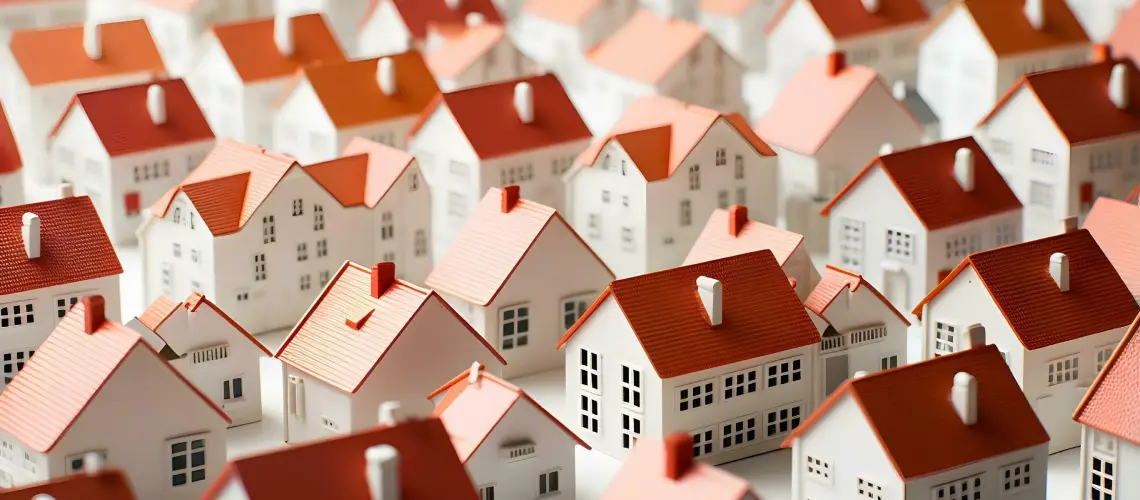A residential property valuation in Brisbane is a crucial step in buying, selling, refinancing, or investing in real estate. Homeowners and buyers need an accurate valuation to understand the true market value of a property, helping them avoid overpricing or underpricing.
Professional property valuers in Brisbane assess residential properties based on factors such as location, market trends, property condition, and recent sales. Their independent assessments ensure that transactions are fair, legally compliant, and financially sound.
This article explores how residential property valuations work, what factors influence home values, and why professional assessments are essential in Brisbane’s property market.
What is a Residential Property Valuation?
A residential property valuation is an objective, independent assessment of a home’s market value, conducted by a qualified property valuer. Unlike real estate agent appraisals, professional valuations are legally recognised and used for:
- Buying and selling homes – Ensuring a fair price for both buyers and sellers
- Mortgage and refinancing approvals – Lenders require valuations to determine borrowing capacity
- Property tax and capital gains tax (CGT) assessments – Used for tax calculations and compliance
- Estate planning and family law settlements – Required for probate, inheritance, and divorce cases
- Insurance valuations – Determining the replacement cost of a home for coverage purposes
A professional valuation provides a data-driven assessment of a home’s worth, offering accuracy and transparency in all real estate transactions.
How Residential Property Valuers in Brisbane Determine Market Value
Professional property valuers in Brisbane use a combination of market data, property inspections, and valuation methodologies to determine fair market value. The three main approaches include:
Sales Comparison Approach
- Compares the property to recently sold homes in the same suburb
- Adjustments are made for differences in land size, condition, and location
- Commonly used for residential homes and investment properties
Cost Approach (Summation Method)
- Determines property value based on land worth + estimated construction cost – depreciation
- Typically used for new builds, insurance valuations, and properties with unique features
Income Capitalisation Approach
- Used for rental properties, calculating value based on rental income and return on investment
- Determines property worth by assessing market demand and rental yield potential
Each valuation method ensures an accurate and objective property assessment tailored to Brisbane’s residential real estate market.
Key Factors That Influence Residential Property Valuations in Brisbane
Location and Suburb Trends
- Proximity to schools, transport, and amenities increases property value
- High-demand suburbs such as Paddington, New Farm, and Bulimba tend to have higher valuations
- Suburbs undergoing infrastructure upgrades or urban renewal projects may experience price growth
Property Size and Condition
- Larger land sizes and well-maintained homes attract higher valuations
- Renovations such as modern kitchens, bathrooms, and energy-efficient features can add significant value
- Structural issues, outdated designs, or neglected maintenance can negatively impact valuation
Recent Comparable Sales
- Property valuers assess recent sales data to gauge market demand and pricing trends
- If similar homes in a suburb have sold at lower prices, it can affect a property’s valuation outcome
Market and Economic Conditions
- Interest rates and lending policies influence buyer demand and property values
- A strong economy with high employment and population growth supports increased property prices
- Market downturns, oversupply, or changes in investor sentiment can reduce valuations
Development Potential and Zoning
- Properties with subdivision or redevelopment potential may be valued higher
- Heritage-listed properties may have valuation restrictions due to development limitations
Understanding these factors helps homeowners and buyers align property expectations with market conditions.
When Should You Get a Residential Property Valuation in Brisbane?
A professional residential property valuation in Brisbane is essential in various real estate scenarios, including:
Buying or Selling a Home
- Ensures fair pricing and market transparency in negotiations
- Prevents financial losses from overpricing or underpricing a property
Applying for a Home Loan or Refinancing
- Lenders require valuations to assess property value and loan eligibility
- Helps homeowners access equity for renovations or investments
Investment Property Analysis
- Assesses whether a property is a good investment based on market trends
- Provides rental yield estimates and capital growth projections
Capital Gains Tax (CGT) and Stamp Duty Calculations
- Ensures accurate tax obligations when selling an investment property
- Helps property owners dispute incorrect tax assessments
Estate Planning, Probate, and Family Law Settlements
- Required for inheritance distribution and legal property settlements
- Provides a clear and unbiased valuation for dispute resolution
A professional property valuation provides financial security, legal accuracy, and investment confidence.
Conclusion
A professional residential property valuation in Brisbane is a crucial tool for homeowners, buyers, and investors navigating the real estate market.
- Ensures fair pricing for buyers and sellers
- Provides financial security for mortgage approvals and refinancing
- Supports investment planning and capital growth analysis
- Ensures compliance with tax and legal regulations
If you need a trusted and independent residential property valuation in Brisbane, consult a qualified property valuer today for expert insights and a reliable market assessment.
